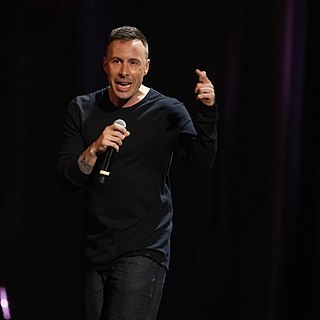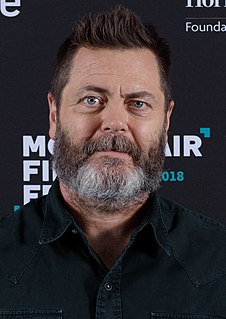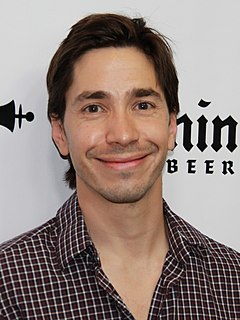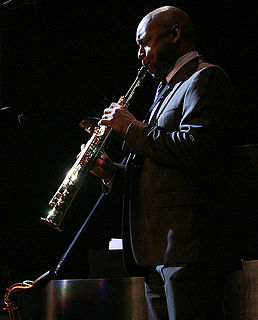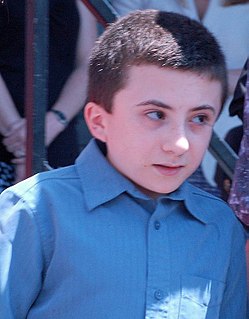A Quote by Sandra Cisneros
You know how they say, "Find your voice"? That's your voice, in your pajamas. And it doesn't mean that you're going to publish it or print it or people are going to see you in your pajamas. It just means you are going to construct the foundation in your pajamas, in that voice.
Related Quotes
You meditate and then you can put on your pajamas, or you can imagine you're wearing your pajamas, and you talk about your piece of writing in the language you would use if you were wearing your pajamas and you were seated at a table with your very good friend. And you wouldn't have to get all dressed up or clean up the table.
Doing voice work is more like recording music that people are going to listen to. You're creating an oral experience using whatever bells and whistles you have in your voice, and you can shut your eyes and use your imagination and nobody's going to see if the faces you make don't match the voices you make. That's a lot of fun.
We're always being told 'find your voice.' When I was younger, I never really knew what this meant. I used to worry a lot about voice, wondering if I had my own. But now I realize that the only way to find your voice is to use it. It's hardwired, built into you. Talk about the things you love. Your voice will follow.
Write like you write, like you can't help but write, and your voice will become yours and yours alone. It'll take time but it'll happen as long as you let it. Own your voice, for your voice is your own. Once you know where your voice lives, you no longer have to worry so much about being derivative.
If you're really going to uncover something as an artist, you're going to come into access with parts of your personality and your psyche that are really uncomfortable to face: your own ambition, your own greed, your own avarice, your own jealousies, and anything that would get in the way of the purity of your own artistic voice.
I loved the idea of doing impressions and mimicking and playing around with the spectrum of your own voice. That's what I enjoy most about doing voiceovers. You can be completely unconscious with the rest of your body and just concentrate on doing something with your voice, creating an entire character with your voice.
But I'm pretty lucky with my voice. When I first started touring I went to see a woman to give me some coaching on how not to lose my voice. And she was just saying really your voice is a muscle so if you're using it all the time you should actually come back from tour with a stronger voice than you left with. And that's really how I find it.
I went to drama school in England, and you spend your first year working on the muscles surrounding the vocal mechanisms. You learn how you support it and create characters through your voice so that became an obsession. So I went to Hollywood thinking, 'Oh, I'm going to be one of the great voice-over artists.'

